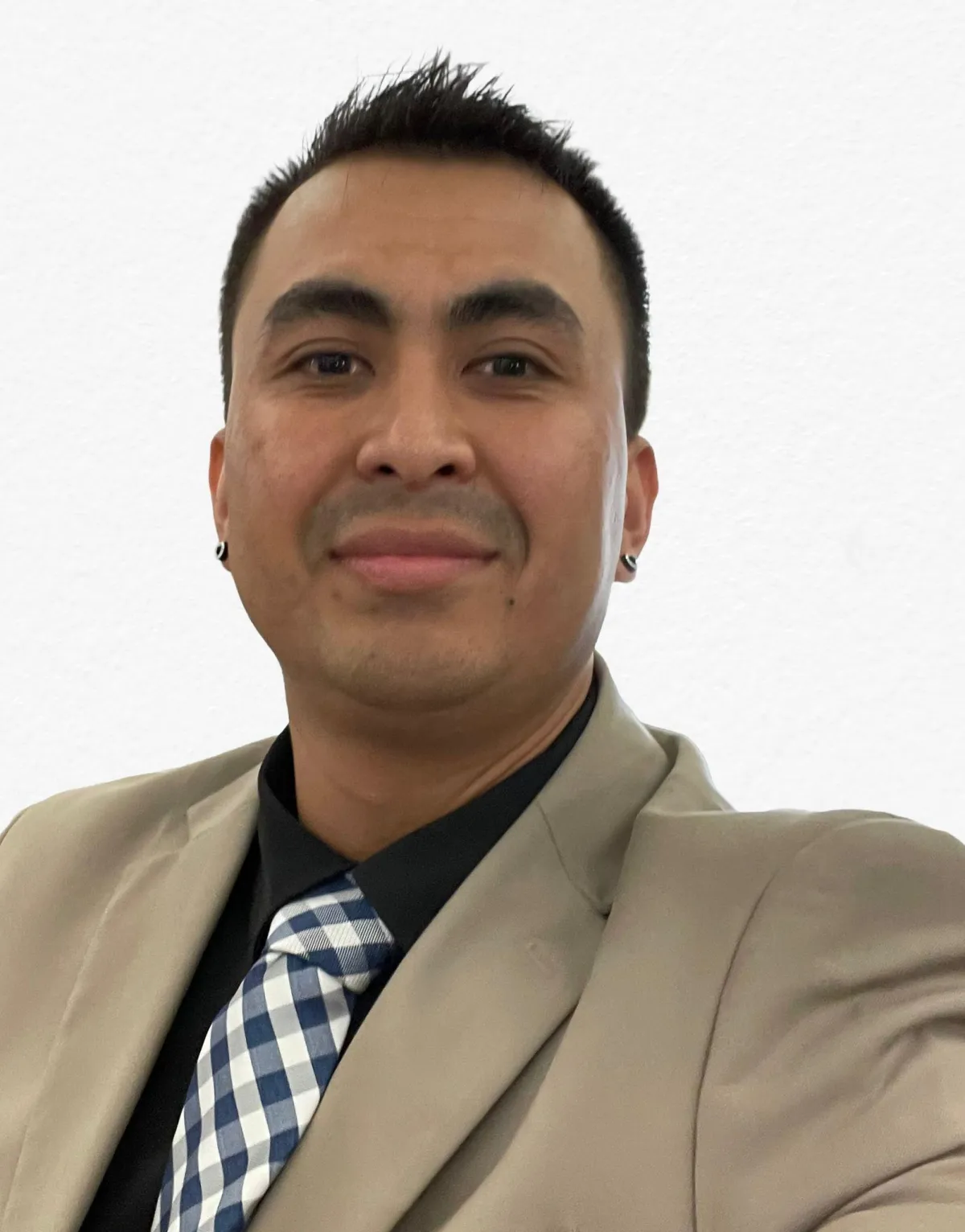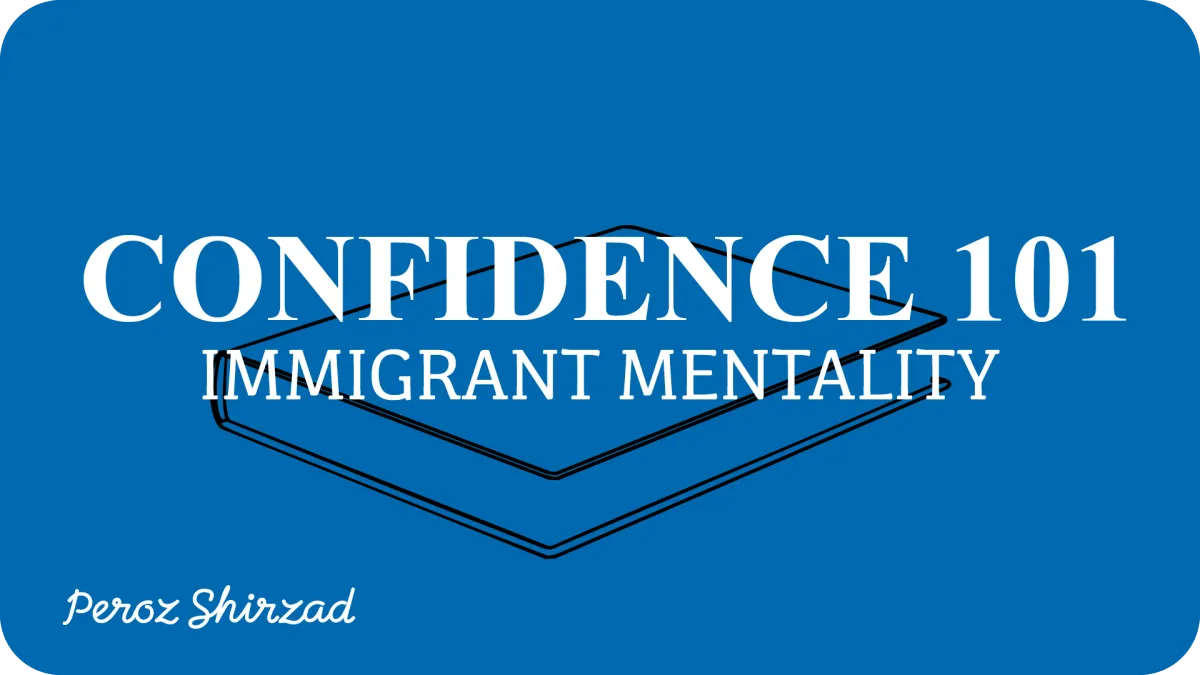
Hello there! This is your Habit Coach, Peroz.
I’ve gone through years of struggle—battling anxiety, bad habits, and a deep sense of directionlessness. I spent years in therapy, coaching, and doing intensive personal research.
Growing up in a dysfunctional family of 11, surrounded by poverty and emotional neglect, I was exposed to destructive habits early on—smoking, cannabis, social media addiction, endless video gaming, and chronic procrastination.
Eventually, I hit a point where enough was enough. That’s when I booked my first therapy sessions. Looking back, though, none of them were as impactful as the personalized coaching I pursued later—seriously.
Don’t get me wrong—therapy had its moments. But most of it felt kind of meh.
In my experience, most therapists hadn’t actually lived through the habits I was facing. They understood them through theory and textbooks, which is fine—but it's just not the same. Coaches? They lived it. They felt the anxiety. They wrestled with the lack of direction.
And here’s the truth:
The answers weren’t as complicated as I once believed.
The world makes it seem that way—but overcoming social anxiety and breaking free from bad habits is absolutely possible.
Today, I can proudly say I no longer live with crippling anxiety or destructive habits. I feel alive, driven, and confident.
Sure—I’m not perfect. I still slip sometimes: sugary food, social media rabbit holes, overthinking. But those moments are smaller now. They don’t define me anymore. I’ve shed the weight of so many bad habits and outdated beliefs. And I feel immensely more alive and at ease.
I owe deep gratitude to the coaches, teachers, and authors who truly did the work—Aziz Gazipura, Ellen Hendriksen, Dr. Robert Glover, Jon Kabat-Zinn, and many others. Without them, I wouldn’t have broken free from the habits and anxiety that held me back for so long.
So if you’re reading this and you’re struggling—if you feel hopeless—I want you to hear this with all my heart:
The answers are out there. And they’re simpler than you think.
Don’t give up.
You are not less than anyone.
Your struggles—whether with anxiety, bad habits, or lack of direction—are human and completely solvable.
You have more power than you can even imagine.
Not only can you overcome them—you can transcend them.
Wishing you all the best,
With love,
Peroz
FAQS

